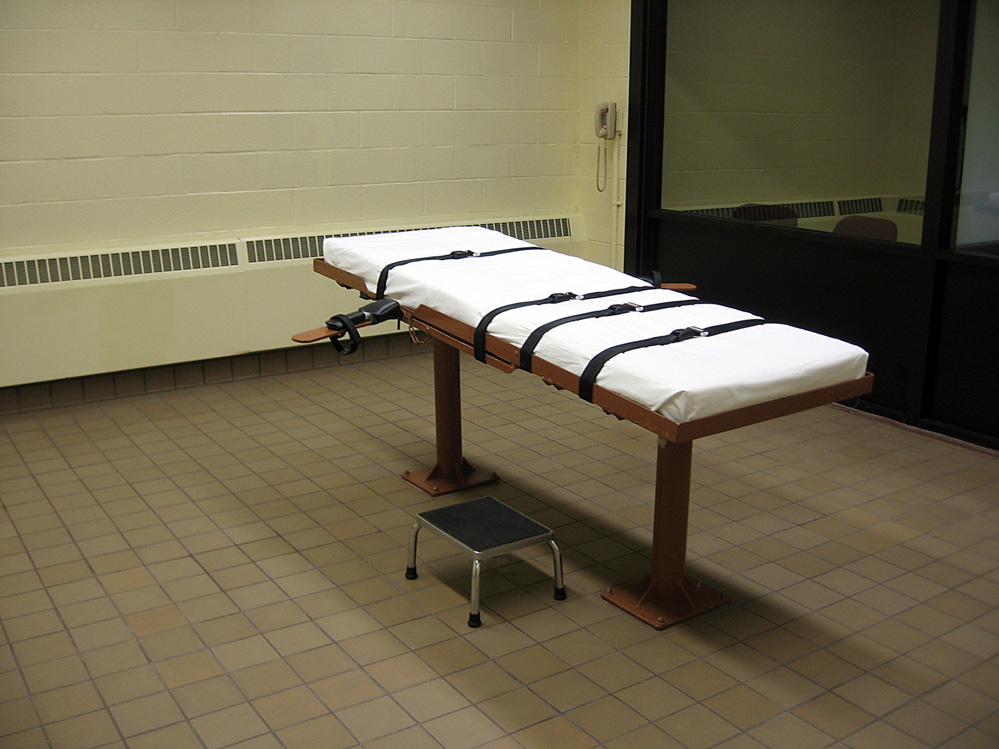By a narrow 52.7%-47.3% margin, California voters have chosen to retain their state’s death penalty. This represents a 19% decline in support for capital punishment from the 1978 referendum that enacted the current death penalty law. At that time 71% voted for the death penalty.
The need to end the killing of prisoners and redirect resources in a more useful way (like investigating the 46% of murders that go unsolved in California each year) brought together a wide array of advocates, from human rights and civil liberties groups like Amnesty International and the ACLU, to murder victim family members, to death row exonerees, to a former warden of San Quentin and former top proponents of the 1978 ballot initiative.
As Rose Seward, who survived an attack from a serial killer who killed 5 other women, wrote just two days before the vote: “How can we say with credibility that murder is abhorrent, an abomination, and then turn around and commit the act ourselves?”
